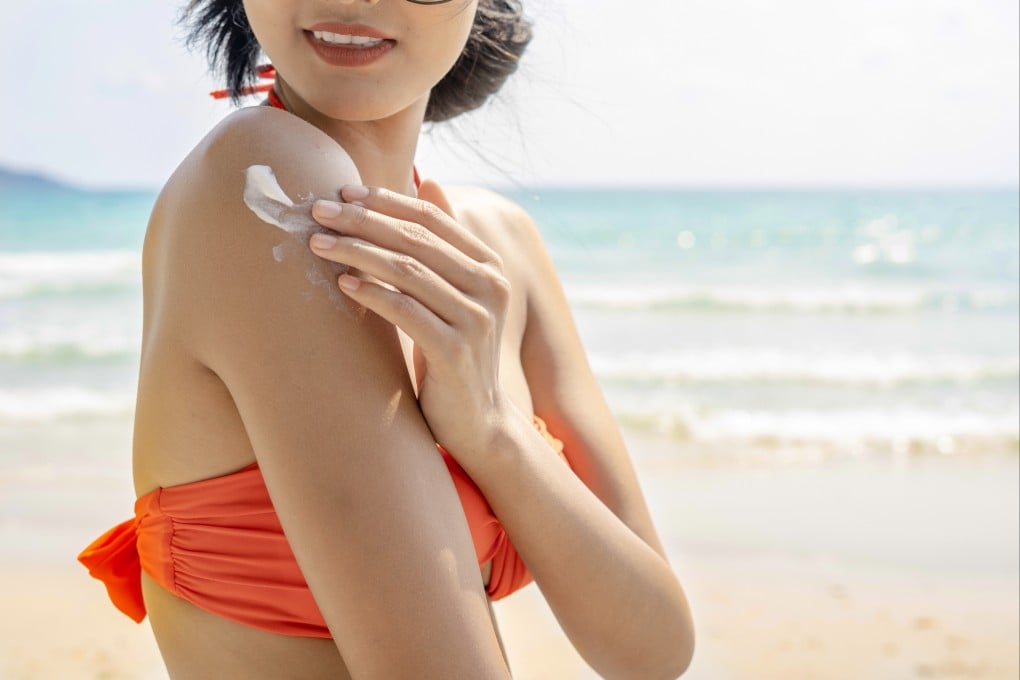Destinations known | Thailand bans sunscreen in marine parks to preserve delicate slow growing coral reefs, but is it going to be enough?
- Sunscreens containing oxybenzone, octinoxate, 4-methylbenzylidene camphor or butylparaben have been banned
- ‘Coral safe’ sunscreens containing ingredients such as zinc oxide are permitted, although they too are harmful to marine organisms

In 1999, Australian filmmaker Baz Luhrmann released a seven-minute spoken word song. Based on an essay written by Chicago Tribune columnist Mary Schmich, it was the perfect riposte to the prevailing Y2K dread and dispensed pithy pearls of wisdom, such as: “If I could offer you only one tip for the future, sunscreen would be it.”
Although Y2K dread has given way to exponentially more dreadful – and existential – climate concerns, the benefits of sunscreen remain as applicable as ever. Unless you happen to be in any of Thailand’s marine national parks, that is, where SPFs containing chemicals believed to cause damage to coral reefs are now banned.
Reporting on the government’s mandate, which came into force on August 4, the Bangkok Post noted that “concerns are growing that the lotions [tourists] use as protection from the tropical sun are harming delicate, slow-growing corals”. Sunscreens prohibited are those containing oxybenzone, octinoxate, 4-methylbenzylidene camphor or butylparaben.
“The [government’s] announcement said the science showed the chemicals ‘deteriorate coral reefs, destroy coral larvae, obstruct their reproductive system and cause coral reef bleaching’,” reported the Bangkok Post.

Among the popular destinations affected are: Ang Thong National Marine Park, an archipelago of 42 islands near Koh Samui; Mu Koh Lanta National Park, in southern Krabi province; and Mu Koh Chang National Park, which encompasses the country’s second largest island. Those who violate the ruling will face a fine of up to 100,000 baht (US$2,990), “although officials have not said how they plan to enforce the ban”, the Bangkok Post reports, adding that, “Thailand follows the Pacific island of Palau and the US state of Hawaii which have already imposed similar bans.”

